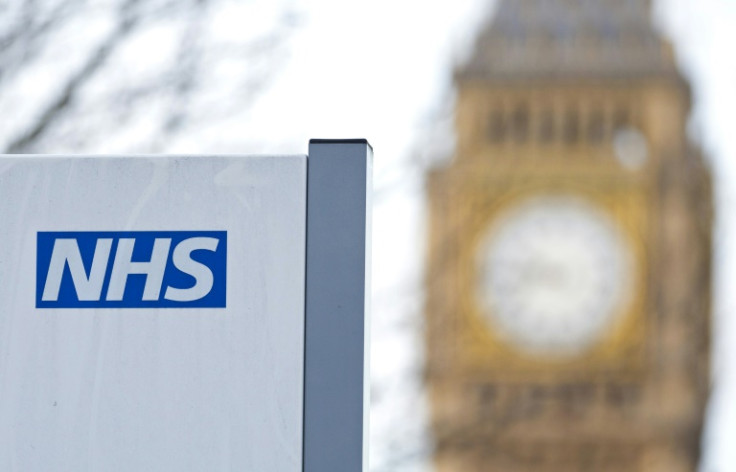Critics Slam Rising NHS Manager Salaries Amid Patient Care Concerns and GP Shortages

The cost of paying the salaries of NHS managers has increased by £1.1 billion in the last 10 years, despite concerns that many are underperforming in their roles, leading to poorer outcomes for patients.
According to the Mail, managers now cost the NHS £2.8 billion, up 69 per cent in the past decade. Staff numbers in England have risen by 10,000 during that time, although 1,150 fully qualified GPs also left the NHS.
Senior managers in the NHS now earn an average of £90,144, up from £77,415 in 2015.
Too Many Unskilled And Incapable Managers
There is a decade longs tradition in British politics of complaining about too many managers and not enough doctors and nurses in the NHS. Indeed, one can go back to the 1990s and find examples of Tony Blair as leader of the opposition, condemning John Major's government on these grounds.
Senior figures believe that the NHS is troubled, not by too many managers, but by ineffective managers.
Former surgeon Lord Darzi, who until 2019 was affiliated with Labour, conducted a review of the NHS at the behest of health secretary Wes Streeting. According to Lord Darzi, 'The problem is not too many managers but too few with the right skills and capabilities.'
'We need to invest in developing managerial talent and creating the conditions for success.'
Matthew Taylor, a former New Labour policy man, is now chief executive of the NHS Confederation, has backed up Lord Darzi's views, saying, 'Managers play a vital role in the NHS, including by giving clinical professionals the time they need to treat and care for patients.
'The evidence is clear that the NHS is not over-managed. In fact, our research and other independent research has shown that it is under-managed compared to many international systems – this was also highlighted by Lord Darzi in his report.'
Hospital Managers 'Particularly Devious'
The ongoing criticism of NHS managers centres not only on the fact that they are not doctors or nurses, but on a perception that they care more about managing appearances than on patient care.
In 2007, BBC documentary maker Adam Curtis noted in his programme 'The Trap', the impact of target culture on NHS managers. 'Hospital managers proved to be particularly devious. When they were set targets to cut waiting lists, they ordered consultants to do the easiest operations first, like bunions and vasectomies, complicated ones like cancers, were no longer prioritised.'
'When the government then tried to set a target to reduce the number of patients waiting on trolleys the managers took the wheels off the trolleys and reclassified them as beds and they redefined the corridors as wards, yet again the patients were off the [waiting] lists.'
© Copyright IBTimes 2025. All rights reserved.





















